In chapter 5 of Part 2, Monsignor Benson deals with the Methodists. He notes that John Wesley (1703-1791) had not originally intended that those who followed his preaching and practices […]
Read more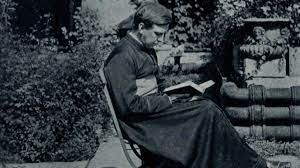

In chapter 5 of Part 2, Monsignor Benson deals with the Methodists. He notes that John Wesley (1703-1791) had not originally intended that those who followed his preaching and practices […]
Read more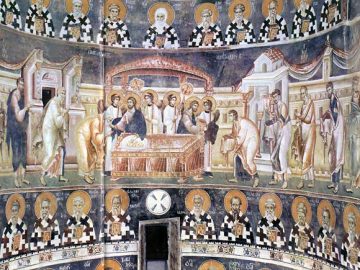
The 22nd Sunday of Pentecost Introit: (Ps 129:3-4) Si iniquitates observaveris, Domine, Domine, quis sustinebit? quia apud te propitiatio est, Deus Israel. (Ps 129:1) De profundis clamavi ad te, Domine […]
Read more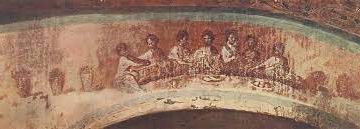
In last week’s post, http://www.fryuhanna.com/2021/10/15/the-divine-liturgy-in-history-part-1/ I mentioned how the early Eucharistic liturgies were not fixed: the celebrant would produce most of the prayers as he went along, speaking from […]
Read more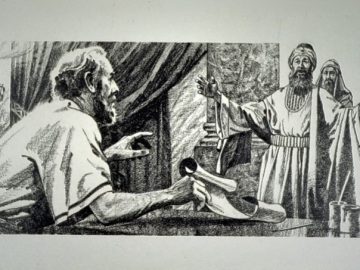
Introit (Esther 13: 9, 10, 11) All things are in Thy will, O Lord, and there is none that can resist Thy will: for Thou hast made all things, heaven […]
Read more
It is fairly certain that the liturgy first celebrated in Antioch was conducted in the Greek language. Charbel Abdallah is of the view that Syriac began to become prominent in […]
Read more
The Baptists are the subject of the next section in Benson’s book, Noncatholic Denominations. He notes that they developed from a people called the “Anabaptists,” who go back to the […]
Read more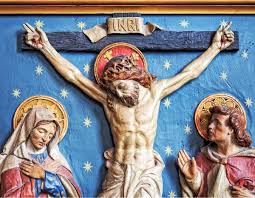
Topic 1: A First Example of Modern Biblicist Logic, Raymond Brown and the Beloved Disciple Why is historical method important? Consider this: the late priest and Professor Raymond E. Brown was […]
Read more
The “Congregationalists” are the first subjects of Chapter 4, Part II, of this book. Benson says that, with the Baptists, they in the “most ancient right to stand for Nonconformity […]
Read more